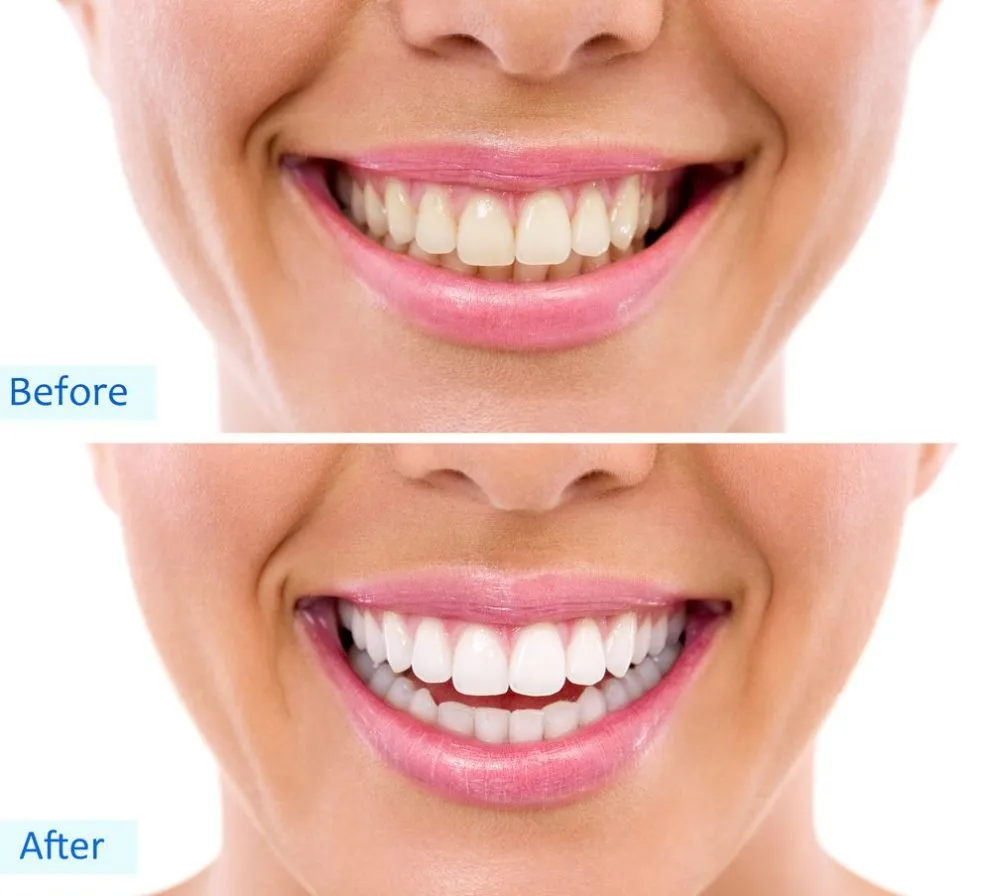Understand Teeth Whitening Sensitivity
Teeth whitening is a popular cosmetic procedure, but it can sometimes lead to temporary tooth sensitivity and discomfort. This sensitivity arises because the whitening agents, typically hydrogen peroxide or carbamide peroxide, penetrate the enamel and dentin layers of your teeth. This process can irritate the nerves within the teeth, causing a sharp, shooting pain or a more general ache. The intensity of the sensitivity varies from person to person and depends on factors like the concentration of the whitening agent, the duration of its contact with the teeth, and the individual’s existing dental health. Understanding the causes of this sensitivity is the first step in effectively managing and alleviating the pain.
Causes of Teeth Whitening Pain
Chemical Irritation
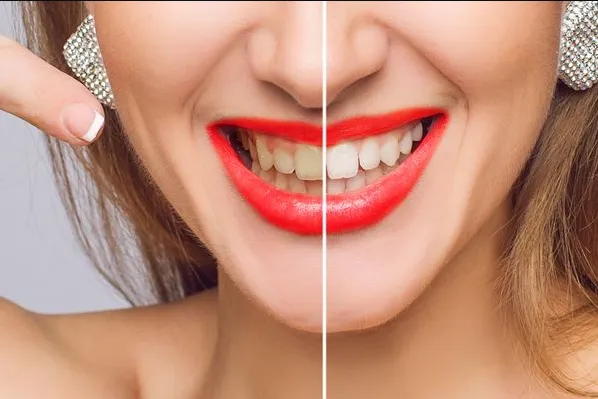
The primary culprit behind teeth whitening pain is the chemical irritation caused by the whitening agents themselves. Hydrogen peroxide and carbamide peroxide are oxidizing agents that break down stains on the teeth. However, in doing so, they can also irritate the soft tissues within the teeth, particularly the pulp, which contains nerves and blood vessels. The higher the concentration of the whitening agent, the greater the potential for irritation. This is why professional whitening treatments, which often use stronger concentrations, may cause more significant sensitivity than at-home kits. The duration of exposure also plays a role a longer contact time increases the chances of irritation.
Dehydration
Dehydration of the teeth can also contribute to sensitivity after whitening. The whitening process can temporarily remove moisture from the enamel, making the teeth more porous and susceptible to external stimuli like hot or cold temperatures. This dehydration can exacerbate existing sensitivity and cause discomfort. It’s essential to stay well-hydrated before, during, and after the whitening process to help maintain the moisture balance in your teeth. This can help minimize the sensitivity and speed up the recovery time. Drinking plenty of water is a simple yet effective way to mitigate this issue.
Enamel Issues
Individuals with pre-existing enamel issues, such as thin enamel or microscopic cracks, are more prone to experiencing sensitivity after teeth whitening. Enamel acts as a protective barrier for the underlying dentin, which contains the tooth’s nerve endings. When the enamel is compromised, the whitening agents can more easily penetrate to the dentin, causing greater irritation. If you have a history of enamel erosion or other dental problems, it is crucial to consult with your dentist before undergoing teeth whitening. They can assess your oral health and recommend a treatment plan that minimizes the risk of sensitivity.
Effective Pain Management Strategies
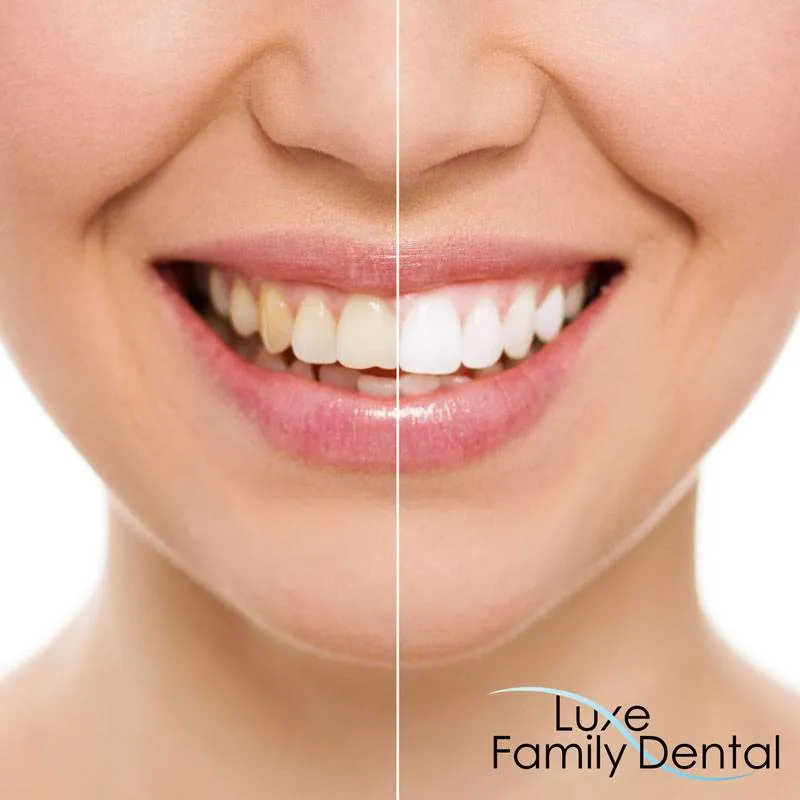
Over-the-Counter Pain Relievers
For mild to moderate pain, over-the-counter pain relievers such as ibuprofen (Advil, Motrin) or acetaminophen (Tylenol) can provide effective relief. These medications help reduce inflammation and block pain signals, alleviating the discomfort associated with teeth whitening sensitivity. Always follow the recommended dosage instructions on the product label. If the pain is severe or does not subside with over-the-counter medications, consult your dentist for further guidance. They may recommend stronger pain relief options or investigate if there is another underlying dental issue.
Desensitizing Toothpaste
Desensitizing toothpastes are specifically formulated to reduce tooth sensitivity. They typically contain ingredients like potassium nitrate or stannous fluoride, which help to block the nerve pathways in the teeth, reducing pain. Using a desensitizing toothpaste for a few weeks before and after teeth whitening can significantly minimize sensitivity. Apply a small amount of toothpaste to the sensitive areas and gently brush your teeth. Be patient, as it may take a few days or weeks for the toothpaste to take full effect. Consistent use is essential for long-term relief from sensitivity.
Fluoride Treatments
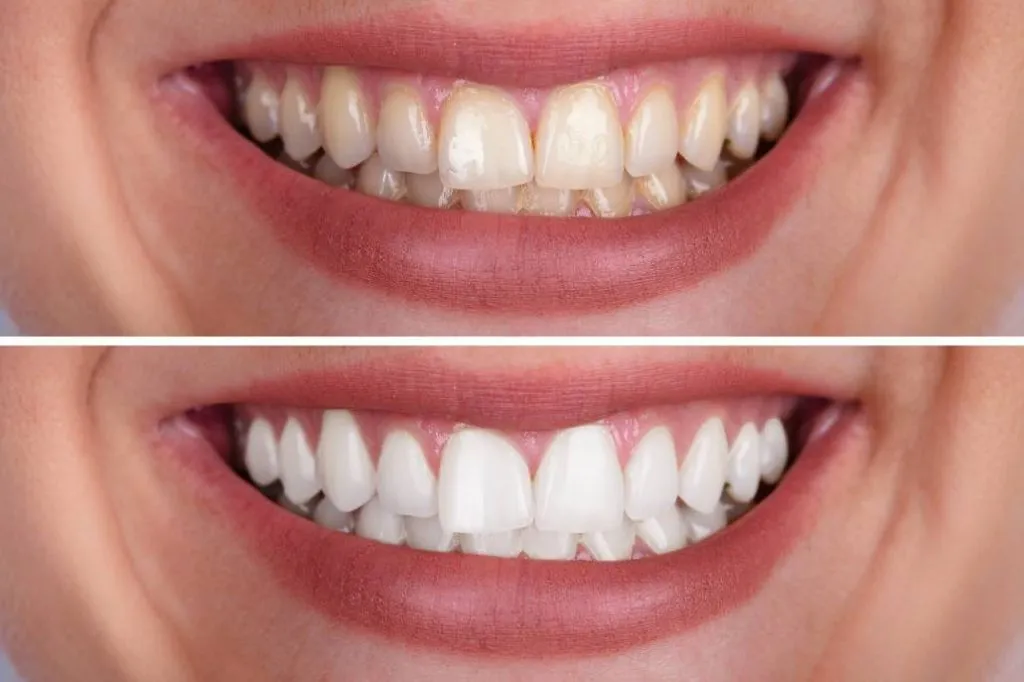
Fluoride treatments can strengthen tooth enamel and reduce sensitivity. Fluoride helps to remineralize the enamel, making it more resistant to the effects of whitening agents. Your dentist may provide in-office fluoride treatments or recommend a high-fluoride toothpaste or mouthwash for use at home. Fluoride treatments can be particularly beneficial for individuals with enamel erosion or those who experience significant sensitivity after whitening. Regular fluoride application helps to create a stronger protective layer on the teeth, reducing the likelihood of pain and discomfort.
Home Remedies for Relief
Cold Compress
Applying a cold compress or ice pack to the outside of your cheek can help to numb the area and reduce pain. The cold temperature constricts blood vessels, which can decrease inflammation and alleviate discomfort. Use a cold compress for 15-20 minutes at a time, several times a day, as needed. Make sure to wrap the ice pack in a thin cloth to protect your skin from direct contact with the cold.
Hydration

Staying hydrated is crucial for overall oral health and can help to alleviate teeth whitening sensitivity. Drinking plenty of water helps maintain the moisture balance in your mouth and can reduce the dehydration that contributes to sensitivity. Avoid sugary drinks, as they can exacerbate tooth sensitivity. Aim to drink at least eight glasses of water per day, and consider carrying a water bottle with you to ensure you stay hydrated throughout the day. Proper hydration can help mitigate the effects of the whitening agents and promote faster recovery.
Soft Diet
During and immediately after teeth whitening, it’s advisable to follow a soft diet to minimize irritation. Avoid hard, crunchy, or acidic foods that can trigger sensitivity. Opt for soft foods like yogurt, smoothies, mashed potatoes, and cooked vegetables. These foods are gentle on the teeth and less likely to cause discomfort. Also, steer clear of extremely hot or cold foods and drinks, as these can also exacerbate sensitivity. Gradually reintroduce harder foods as your sensitivity subsides.
Preventing Whitening Pain
Consult Your Dentist
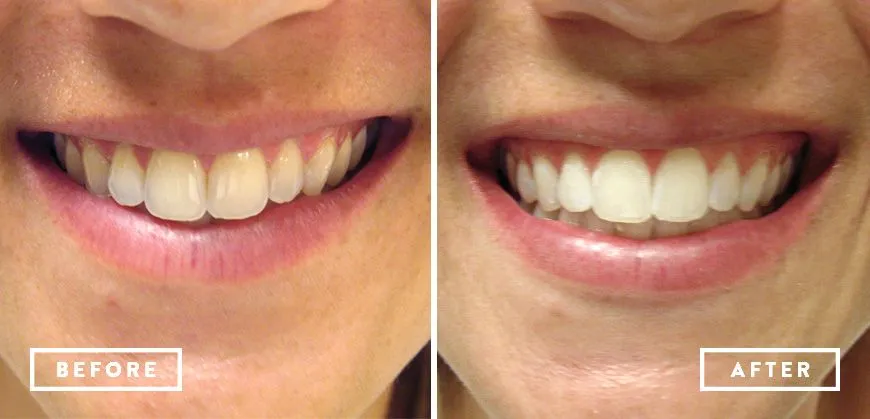
Before undergoing teeth whitening, it’s essential to consult with your dentist. They can assess your oral health and identify any pre-existing conditions, such as cavities, gum disease, or enamel erosion, that could increase the risk of sensitivity. Your dentist can recommend a whitening method that is appropriate for your specific needs and provide guidance on how to minimize sensitivity. They can also offer professional advice and treatments to strengthen your teeth and ensure a safe and effective whitening experience.
Choose the Right Whitening Method
Consider the different teeth whitening options available and choose one that suits your needs and sensitivity levels. Over-the-counter whitening products, such as strips and trays, typically use lower concentrations of whitening agents and may cause less sensitivity than professional treatments. However, professional whitening treatments performed by a dentist offer more control over the process and can be customized to your specific needs. If you have sensitive teeth, discuss your options with your dentist and select a method that prioritizes your comfort and minimizes the risk of pain.
Proper Application and Timing
Carefully follow the instructions provided with your whitening product or by your dentist. Proper application and timing are crucial in minimizing sensitivity. Avoid overusing whitening products, as this can increase the likelihood of irritation. If you are using whitening strips, ensure they are properly aligned on your teeth and do not overlap onto your gums. For professional treatments, adhere to the recommended duration and frequency of the whitening sessions. Any deviation from the instructions could increase the risk of sensitivity.
Post-Whitening Care

Avoid Irritants
After teeth whitening, avoid substances that can irritate your teeth and gums. This includes highly acidic foods and drinks, such as citrus fruits, carbonated beverages, and vinegar. Also, refrain from using tobacco products, as they can stain your teeth and contribute to sensitivity. If possible, avoid foods and drinks with intense colors, like coffee, tea, and red wine, as they can stain newly whitened teeth. Following these guidelines can help to maintain your teeth’s whiteness and minimize potential discomfort.
Maintain Good Oral Hygiene
Maintaining good oral hygiene is essential for overall oral health and can help prevent and alleviate sensitivity. Brush your teeth gently twice a day with a soft-bristled toothbrush. Floss daily to remove plaque and food particles from between your teeth. Consider using a fluoride mouthwash to strengthen your enamel and protect against sensitivity. Regular dental check-ups and professional cleanings are also important for maintaining healthy teeth and gums. Proper oral hygiene helps to minimize sensitivity and keep your smile bright and healthy.
In conclusion, while teeth whitening can lead to temporary sensitivity, there are effective ways to manage and alleviate the pain. By understanding the causes of sensitivity, following the recommended pain management strategies, and practicing preventive measures, you can enjoy a brighter smile with minimal discomfort. If you experience persistent or severe pain, consult your dentist for professional advice and treatment. With proper care and attention, you can achieve a beautiful, white smile while maintaining optimal oral health.
